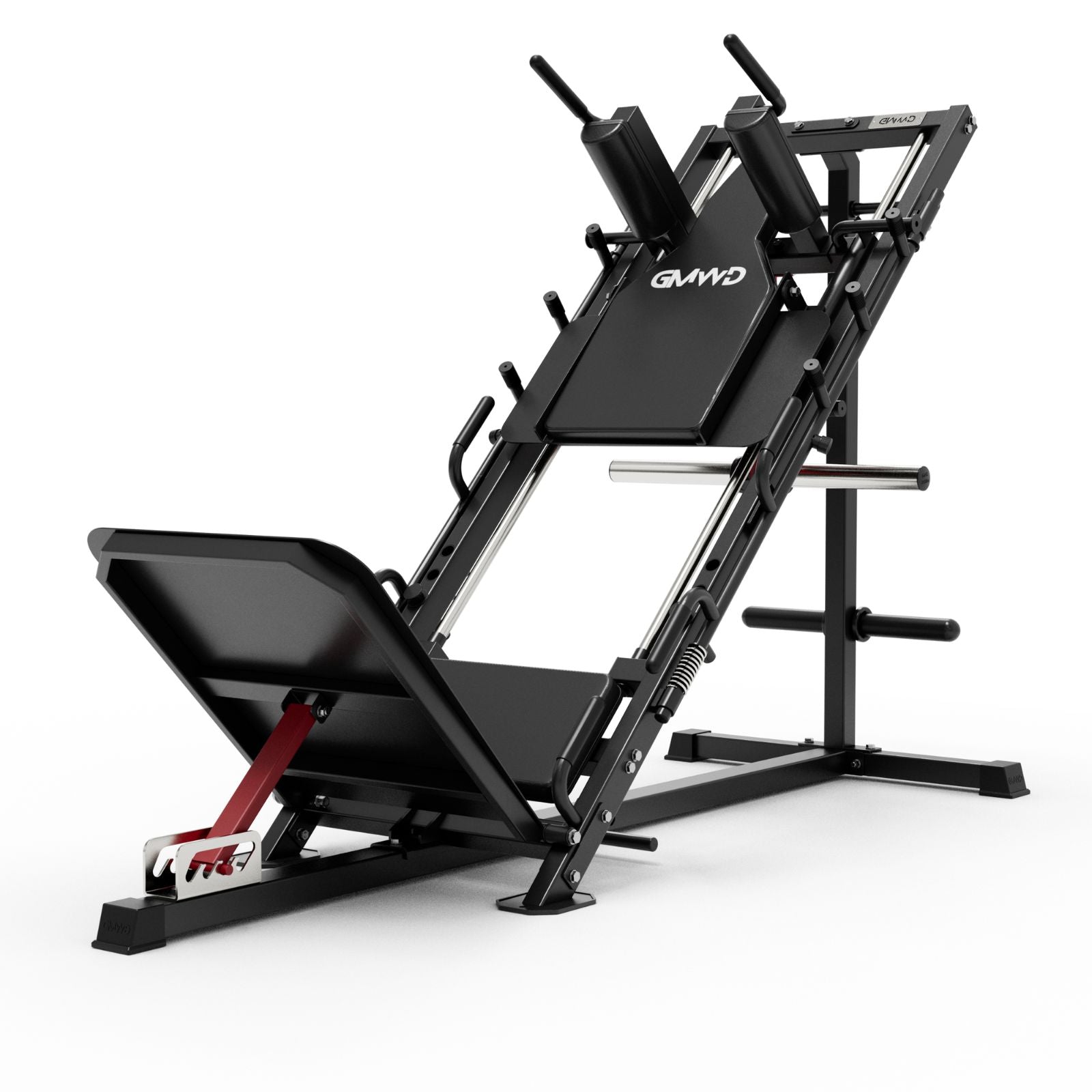In a world full of conflicting diet advice and ever-changing food trends, optimizing your nutrition isn't just about losing weight or building muscle — it's about reclaiming control over your health, energy, and performance. Whether you're an athlete or someone just looking to feel better day-to-day, nutrition optimization is one of the most sustainable and empowering choices you can make.
What Does It Mean to Optimize Your Diet?
To optimize your diet means going beyond calories and macros. It’s about dialing in the right balance of nutrients your body needs to thrive — vitamins, minerals, fiber, protein quality, and more. This approach tailors your food choices to support your metabolism, immune system, recovery, mental clarity, and long-term health.
Unlike rigid dieting, optimizing nutrition is flexible and data-driven. It's about using real food to meet your unique nutritional needs while still allowing for variety, enjoyment, and lifestyle fit.
Learning from the Pioneers
Several thought leaders have helped shape a more intelligent approach to nutrition. EC Synkowski, known for her "optimizeme nutrition" framework, simplifies food quality through the lens of consistency and clarity. Her idea that most people need “800 grams of fruits and vegetables a day” has reshaped how many approach food quality without obsession or overwhelm.
Marty Kendall takes another smart route through his work on “optimising nutrition.” His data-rich, nutrient-density-first philosophy aims to improve food choices using the Nutrient Optimiser — a tool that guides individuals toward meals with the highest micronutrient density based on their personal goals, whether it’s fat loss, diabetes management, or athletic performance.
What both EC and Marty demonstrate is that optimizing your nutrition isn’t about perfection — it’s about building a more informed and sustainable foundation for health.
My Experience with Nutrition Optimization
A few years ago, I hit a wall. Despite working out regularly and tracking my calories, I was constantly fatigued and plateauing with progress. I realized I had been focusing too much on quantity, and not enough on quality. That's when I started integrating nutrient optimization principles — shifting my meals to prioritize foods rich in potassium, magnesium, B-vitamins, and fiber. I began using simple tracking methods to assess how nutrient-rich my meals were, not just how many calories they had.
Within weeks, I noticed changes: better sleep, quicker recovery after workouts, and more stable energy throughout the day. Most importantly, I felt in control — not just of my fitness, but of my health.
How to Start Optimizing Your Nutrition
Here’s a simple framework to begin:
-
Prioritize nutrient-dense foods: Leafy greens, cruciferous vegetables, berries, eggs, legumes, fatty fish, and organ meats are excellent sources.
-
Use tools mindfully: Apps like Nutrient Optimiser or even a basic food diary can help identify what nutrients you're missing.
-
Optimize gradually: Focus on adding nutrients before subtracting foods. This builds positive momentum.
-
Plan your diet: An optimized diet plan doesn’t need to be complex. Plan your meals around your personal needs—activity level, age, and goals matter.
-
Stay consistent: The real benefits come from long-term consistency, not short-term perfection.
A Smarter Path to Health
Optimizing nutrition is not a one-size-fits-all process — and that’s exactly why it works. It's scalable, sustainable, and rooted in real food and real data. Whether you’re using frameworks from experts like EC Synkowski or Marty Kendall, or simply focusing on better food choices, the goal is the same: to feel and perform at your best by giving your body exactly what it needs.
Remember, nutrition isn’t about restriction. It’s about precision. And the more precisely you feed your body, the more freedom you’ll gain in your health, your energy, and your life.










































Leave a comment
This site is protected by hCaptcha and the hCaptcha Privacy Policy and Terms of Service apply.